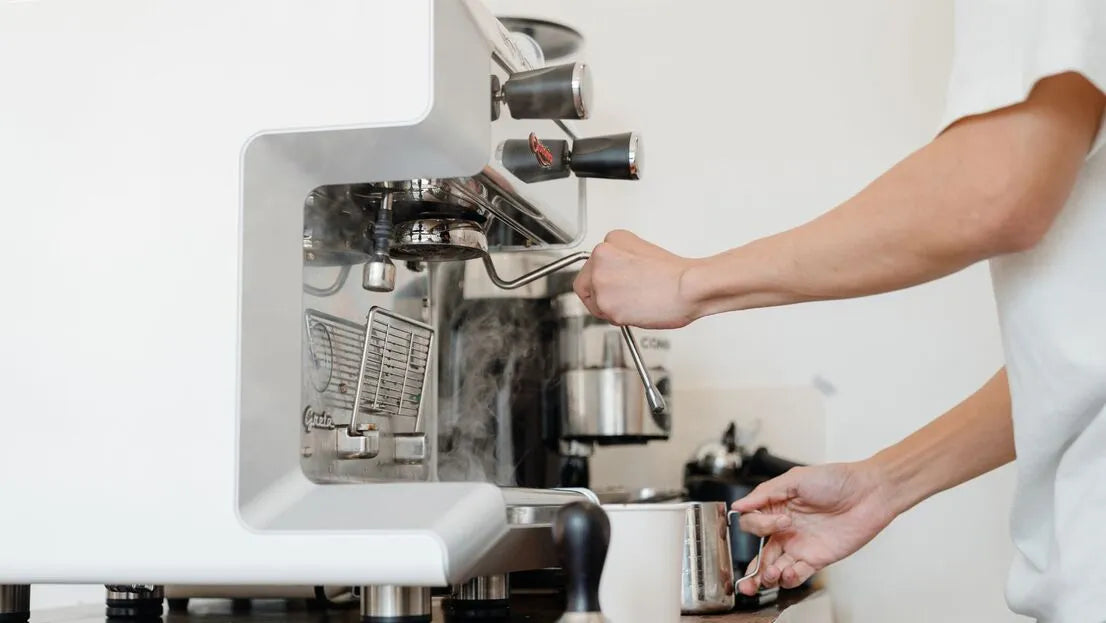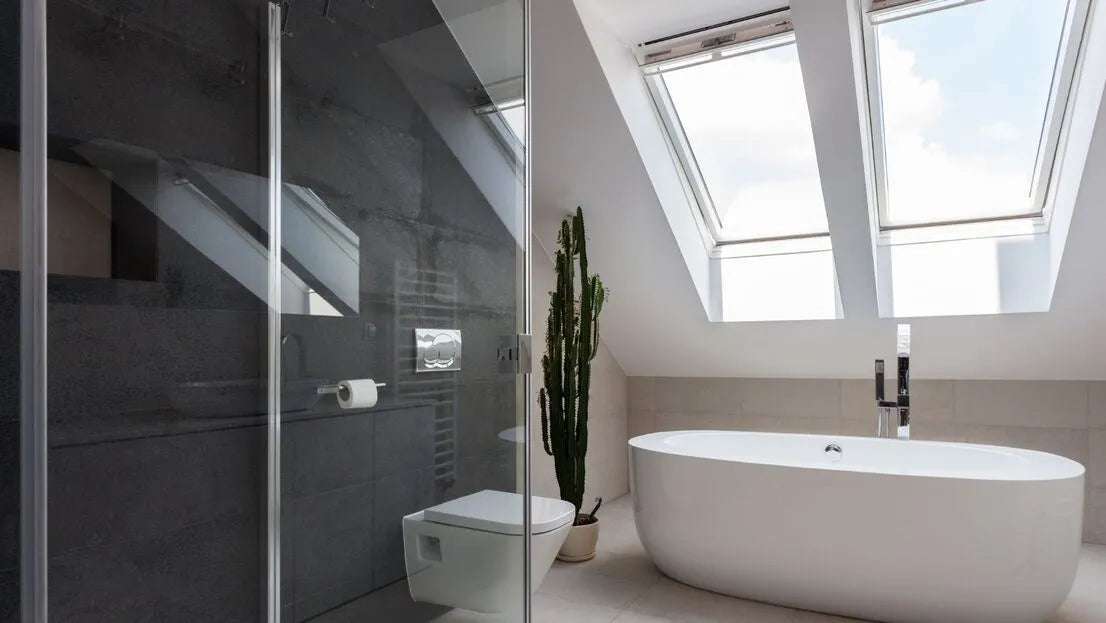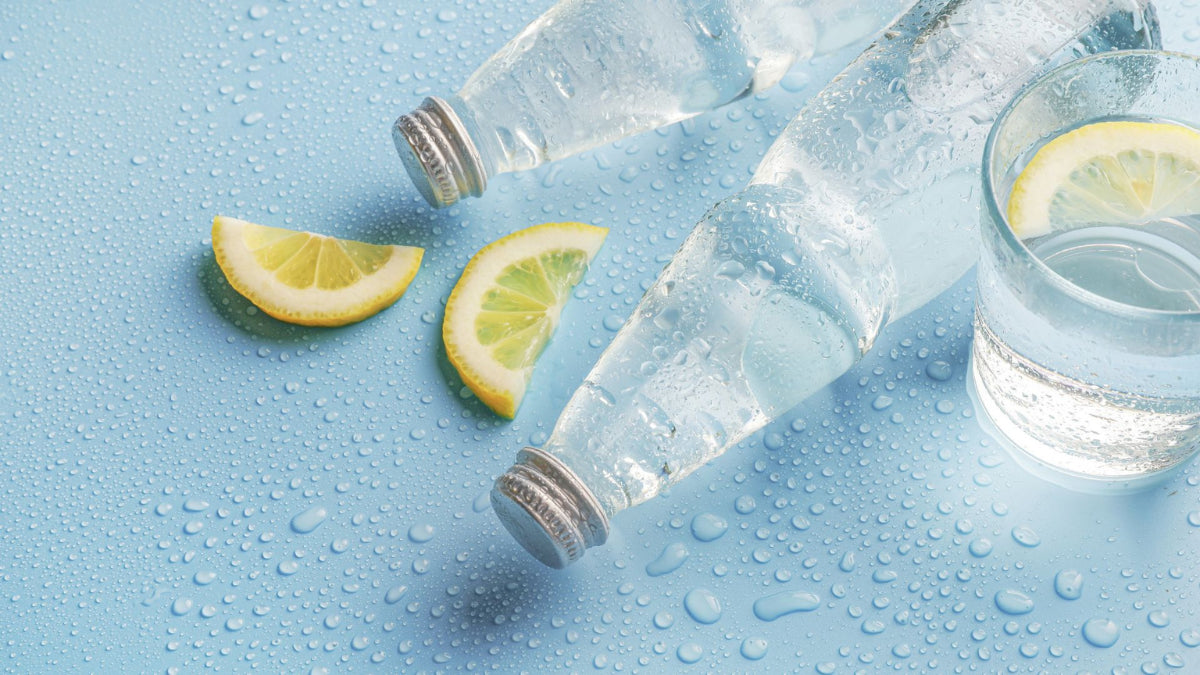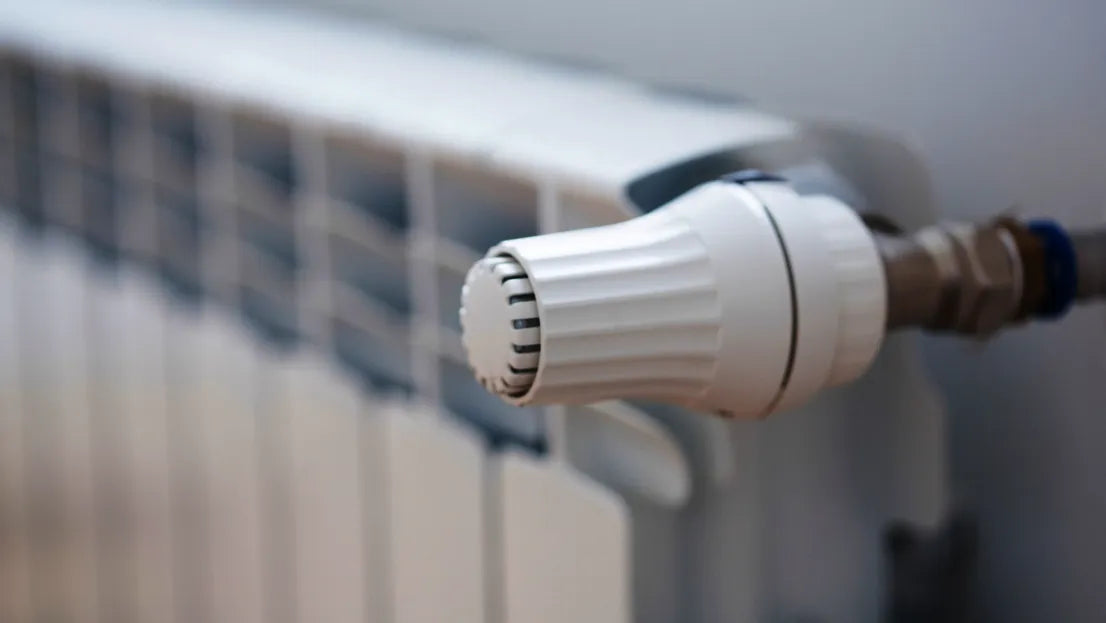Kaffeemaschine entkalken

Bild: Das regelmäßige Entkalken der Kaffeemaschine ist für die Langlebigkeit der Maschinen wichtig.
Ob es der erste Kaffee am Morgen ist, oder die lang ersehnte Tasse in der Pause auf der Arbeit: Der vollmundige und aromatische Geschmack des Heißgetränks ist für wahre Kaffeeliebhaber oftmals das Highlight des Tages. Um dieses einzigartige und intensive Aroma beizubehalten, ist es wichtig, dass Sie Ihre Kaffeemaschine entkalken. Denn nicht nur der Geschmack des Kaffees ändert sich durch eine verkalkte Maschine, Kalkablagerungen in Kaffeemaschinen bieten den perfekten Nährboden für Bakterien und mindern zudem die Lebensdauer der Geräte. Worauf Sie bei der Entkalkung Ihrer Maschine achten sollten und wie Sie Kalkablagerungen vorbeugen können, lesen Sie hier.
Kalkablagerungen in Kaffeemaschinen - Entkalken der Kaffeemaschine ist ein Muss
Haushaltsgeräte, die mit Wasser laufen, wie beispielsweise die Kaffeemaschine, Waschmaschine oder der Wasserkocher, bilden nach einer bestimmten Zeit Kalkablagerungen. Wie stark und wie schnell sich diese Ablagerungen sammeln hängt von zwei Faktoren ab. Zum einen ist der Härtegrad des Wassers entscheidend und zum anderen die Häufigkeit der Nutzung. Logisch – je häufiger Sie Ihre Kaffeemaschine nutzen, desto schneller bilden sich Kalkablagerungen und dann ist es Zeit, die Maschine zu entkalken. Doch was hat der Härtegrad des Wassers mit der Verkalkung von Haushaltsmaschinen zu tun? Die Antwort ist denkbar einfach: Je härter das Wasser ist, desto kalkhaltiger ist es auch. Von hartem Wasser spricht man ab einer Wasserhärte von 14 °dH (Grad deutscher Härte). Per se ist Kalk im Trinkwasser nichts Schlechtes, denn er besteht aus Calcium- und Magnesium-Ionen – Mineralien, die für unseren Körper wichtig sind. Jedoch ändert sich durch das Erhitzen des Wassers in der Kaffeemaschine die Löslichkeit von Kalk, er wird hart und lagert sich ab. Zu erkennen sind nun weiße Rückstände.
Das gibt es zu beachten – Kaffeemaschine entkalken
Bei täglicher Nutzung der Kaffeemaschine ist es nicht schwer zu erkennen, wann es an der Zeit ist, die Maschine zu reinigen. Ganz gleich, ob Sie einen Siebträger, einen Vollautomaten oder eine Filtermaschine zu Hause haben – an folgenden acht Punkten können Sie erkennen, ob und wann es an der Zeit ist, Ihre Kaffeemaschine zu entkalken.
- Sie entdecken weiße Ablagerungen, beispielsweise im Wassertank oder im Kaffee selbst.
- Der Auslass bzw. die Düse, aus der der Kaffee fließt, ist verkalkt.
- Sie bemerken, dass Ihre Kaffeemaschine langsamer als gewöhnlich läuft und der Brühvorgang länger dauert.
- Ihre Kaffeemaschine ist ungewöhnlich laut.
- Der Geschmack des Kaffees ist verfälscht.
- Der Kaffee hat eine dünnere Crema.
- Der Kaffee ist lauwarm.
- Bei Ihrer Kaffeemaschine leuchtet ein Lämpchen, welches auf einen notwendigen Entkalkungsvorgang hindeutet, auf.
Wie oft die Kaffeemaschine entkalkt werden sollte, hängt, wie Sie bereits wissen, vom Härtegrad des Wassers ab: Je härter das Wasser, desto öfter muss entkalkt werden. Viele Kaffeemaschinen zeigen durch farbiges Aufleuchten eines kleinen Lämpchens an, wann entkalkt werden muss. Grundsätzlich sollten Sie Ihre Kaffeemaschine jedoch alle zwei bis drei Wochen gründlich reinigen und entkalken.
Kaffeemaschine natürlich entkalken: so funktioniert's
Wenn der Tag der Tage gekommen ist und Sie Ihre Kaffeemaschine entkalken müssen, gibt es verschiedene Möglichkeiten dies zu tun. Oft erhalten Sie bereits beim Kauf der Maschine eine Entkalkungslösung, passend zum Modell und Hersteller. Die Entkalkungslösungen sind häufig teilweise teuer nachzukaufen und in manchen Fällen auch nicht sonderlich nachhaltig. Doch mit ganz einfachen Hausmitteln, die deutlich günstiger und nachhaltiger sind, erzielen Sie das gleiche Ergebnis: eine saubere und kalkfreie Kaffeemaschine.
Kaffemaschine entkalken: Essigessenz als Allrounder
Essigessenz ist ein wahrer Allrounder im Haushalt. Kein Wunder also, dass Essigessenz auch perfekt zum Entkalken der Kaffeemaschine verwendet werden kann. Wie das funktioniert und was Sie dabei beachten müssen, können Sie in der Schritt-für-Schritt-Anleitung nachlesen.
Schritt 1: das richtige Mischverhältnis
Bevor Sie mit der Entkalkung mit Essigessenz beginnen, müssen Sie das richtige Mischverhältnis beachten. Das ideale Mischverhältnis zwischen Wasser und Essigessenz hängt vom Grad der Verkalkung ab. Demnach gilt:
- Leichte Kalkablagerungen: Das Mischverhältnis liegt bei 4:1 (vier Tassen Wasser werden mit einer Tasse Essigessenz verdünnt)
- Normale Kalkablagerungen: Das Mischverhältnis liegt bei 3:1 (drei Tassen Wasser werden mit einer Tasse Essigessenz verdünnt)
- Starke Kalkablagerungen: Das Mischverhältnis liegt bei 2:1 (zwei Tassen Wasser werden mit einer Tasse Essigessenz verdünnt)
Schritt 2: Entkalkungsvorgang starten
Füllen Sie nun die Wasser-Essig-Mischung in den Wassertank der Kaffeemaschine und starten Sie den Entkalkungsvorgang nach den Vorgaben des Herstellers. Meist dauert der Vorgang einige Minuten. Wenn Sie eine Filterkaffeemaschine entkalken möchten, legen Sie eine leere Filtertüte in die Halterung.
Tipp: Häufig finden Sie sehr gut erklärte Anleitungsvideos online. So können Sie gleich nach Videos speziell für Ihr Maschinen-Modell suchen.
Schritt 3: Entkalkungsvorgang abschließen
Ist der Entkalkungsvorgang abgeschlossen, ist es sinnvoll die Kaffeemaschine drei bis vier Mal mit klarem Wasser durchlaufen zu lassen, um sicherzugehen, dass der nächste Kaffee nicht nach Essig schmeckt. Danach ist die Kaffeemaschine wieder einsatzbereit und einem aromatischen und vollmundigen Kaffeegenuss steht nichts mehr im Wege.
Kaffeemaschine entkalken mit Hausmitteln
Neben der Essigessenz gibt es noch weitere Hausmittel, die Sie als Entkalkungsmittel für die Kaffeemaschine nutzen können, beispielsweise Zitronensäure. Der Vorteil gegenüber Essigsäure ist, dass Zitronensäure weniger aggressiv ist. So funktioniert's:
Schritt 1: das richtige Mischverhältnis
Füllen Sie den Wassertank mit Wasser bis zur Maximum-Markierung und geben Sie einen Teelöffel Zitronensäure-Pulver hinzu. Verrühren Sie das Pulver so lange, bis es sich vollständig aufgelöst hat. Nachdem sich das Pulver aufgelöst hat, können Sie mit dem Entkalkungsvorgang starten.
Schritt 2: Entkalkungsvorgang starten
Zum Entkalken der Kaffeemaschine folgen Sie den Anweisungen des Herstellers.
Schritt 3: Entkalkungsvorgang abschließen
Nachdem der Entkalkungsvorgang abgeschlossen ist, sollten Sie, wie bereits bei der Entkalkung mit Essigessenz, drei bis vier Mal klares Wasser durch die Kaffeemaschine laufen lassen.
Gut zu wissen: Zitronensäure eignet sich ausschließlich für die kalte Entkalkung, denn bei hohen Temperaturen entsteht Calciumcitrat, das sich mit Kalk verbindet und sich dauerhaft in der Maschine ablagert.
Kaffeevollautomat entkalken: darauf sollten Sie achten
Besitzen Sie einen Kaffeevollautomaten, sollten Sie Ihre Kaffeemaschine weder mit Essigessenz noch mit Zitronensäure entkalken. Der Grund dafür ist, dass die Säure des Essigs und der Zitrone zu aggressiv ist und Bauteile, sowie Gummi- oder Silikondichtungen beschädigen kann. Im schlimmsten Fall wird der Vollautomat so stark beschädigt, dass dieser danach nicht mehr zu gebrauchen ist. Keine Bedenken brauchen Sie bei Siebträger- und Filterkaffeemaschinen haben, hier funktioniert die Reinigung und Entkalkung mit Essigessenz und Zitronensäure sehr gut.
Bei Kaffeevollautomaten ist es ratsam, sich an die Vorgaben des Herstellers zu halten und spezielle Entkalker-Tabs zu verwenden. Nicht zuletzt deshalb, um die Garantiezeit weiter zu gewährleisten, die bei Anwendung anderer Entkalkungsmethoden verfällt. Möchten Sie dennoch auf ein Hausmittel zurückgreifen hat sich Backpulver als wirksames Mittel gegen Kalk erwiesen. Dafür geben Sie ein Päckchen Backpulver in den Wassertank des Vollautomaten und lassen das Wasser einmal komplett durchlaufen. Am Ende den Wassertank mit klarem Wasser auffüllen und noch einmal durchspülen lassen. Kaffeevollautomaten sollten mindestens viermal im Jahr entkalkt werden.
Kalkablagerungen in Kaffeemaschinen reduzieren durch Kalkschutzanlagen
Verkalkte Kaffeemaschinen verderben Ihnen nicht nur die wohlverdiente Tasse Kaffee, oft sind sie auch zeitaufwendig zu reinigen und zu entkalken. Um Kalkablagerungen vorzubeugen ist es sinnvoll, über eine Kalkschutzanlage nachzudenken. alternative Enthärtungsanlagen wie z.B. von AQON PURE sind innovativ und effektiv. Eine solche Anlage wird einmalig am Hauswasseranschluss installiert und beugt Kalkablagerungen durch Impfkristallbildung vor. Im Gegensatz zu anderen Wasserenthärtungsanlagen bleiben die wertvollen Mineralien Calcium und Magnesium im Wasser enthalten, der Kalk jedoch wird mit den Kristallen ausgespült und setzt sich weniger in Wasserohren und Haushaltsgeräten fest.
Läuft: In nur 2 Minuten zum Angebot - Optional mit Einbau zum Festpreis.
Darüberhinaus stehen Ihnen unsere Experten aus dem technischen Service persönlich per Telefon oder E-Mail auch für eine unverbindliche Beratung zur Verfügung. Kein Call-Center. Kein endloses Warten in einer Warteschleife.





